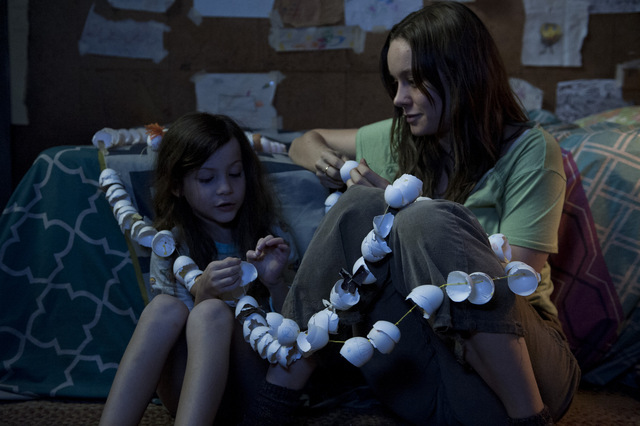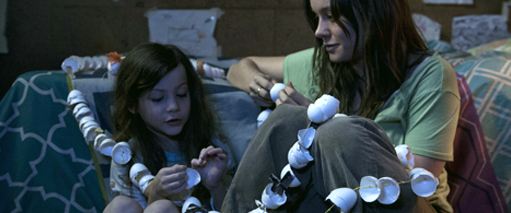Film Review: Room
Claustrophobic, Mother-And-Son Drama Traps The World Between Four Walls


son
Latest Article|September 3, 2020|Free
::Making Grown Men Cry Since 1992


son